#Rubra Red
Explore tagged Tumblr posts
Text
Rubra Food Colour: The Natural Solution for Vibrant and Healthy Food Additives
In today’s health-conscious world, consumers are becoming increasingly aware of the ingredients in their food. The demand for natural food additives is on the rise, driven by a desire for healthier, cleaner products. Rubra Food Colour, offered by Vinaya Ingredients, stands out as a premier choice for those seeking a natural solution to enhance the visual appeal of their culinary creations.
Rubra Food Colour is derived from natural sources, ensuring that it is free from the synthetic chemicals commonly found in artificial food dyes. This natural origin makes it a safer option for consumers, especially those with sensitivities or allergies to artificial additives. The push towards natural ingredients is part of a broader clean label movement, where consumers prefer products with simple, recognizable ingredients. Rubra Food Colour perfectly aligns with this trend, offering a vibrant red hue without compromising on health or safety.
The versatility of Rubra Food Colour is one of its most appealing features. Its vivid red color can transform a wide range of food products, from baked goods and candies to beverages and dairy items. For instance, it can be used to create stunning red velvet cakes, colorful fruit punches, and eye-catching yogurts. The natural vibrancy of Rubra Food Colour can make any dish more appealing, enhancing the overall dining experience.
Beyond its visual benefits, Rubra Food Colour also contributes to the overall healthfulness of food products. Unlike synthetic dyes, which have been linked to various health concerns, natural food colors like Rubra are less likely to cause adverse reactions. This is particularly important for products aimed at children, who are more susceptible to the negative effects of artificial additives. By using Rubra Food Colour, manufacturers can create safer, healthier products that parents can trust.
Environmental sustainability is another critical advantage of Rubra Food Colour. The production of natural food colors typically involves less environmental impact compared to synthetic dyes, which often require harmful chemicals and extensive processing. By choosing Rubra, food manufacturers can reduce their environmental footprint and promote more sustainable practices. This not only benefits the planet but also appeals to environmentally conscious consumers who prefer brands that prioritize sustainability.
Furthermore, the use of natural food colors like Rubra can enhance a brand’s reputation. In an era where transparency and authenticity are highly valued, brands that use natural ingredients can build stronger trust with their customers. Rubra Food Colour offers an opportunity for brands to showcase their commitment to quality and natural ingredients, setting them apart in a competitive market.
For more information visit us:
0 notes
Link

Wondering which hair color will look best on you and don’t know what to choose? Well, read on to find out what we think and we hope you get all the answers that you’re looking for!
You absolutely shouldn’t be worried about questions like, which hair color will suit me? Will this hair color look good on me? What hair color would look best on me? Or What would people say if they saw me with colored hair? Because you aren’t answerable to anyone but yourself!
Let’s clear this out once and for all then. Every Paradyes semi-permanent hair color will make YOU look stunning. It’s about the shade that you feel like wearing, that’s the one we urge you to try!
0 notes
Text
A Happy Day

Plumeria rubra looking happy with the warm climate here even after a passing shower. Photo credit: Jonathan Chua.
#photographers on tumblr#flora fauna#flora photography#flower pics#lumix photography#panasonic lumix dc-s1#Plumeria rubra#red frangipani#sigma 18-300mm
58 notes
·
View notes
Text
I really love big trees ❤️ This was one of the older northern red oaks (Quercus rubra) I saw on my hike at Engelmann Woods the other day.
#trees#big trees#old growth#old growth forest#forest#Missouri#Ozarks#fall#autumn#hiking#nature#outdoors#oak tree#oaks#northern red oak#Quercus#Quercus rubra
21 notes
·
View notes
Text
BOTD: Red Warbler

Photo: Brennan Moore
"Unmistakable, active, bright-red little bird endemic to highlands in Mexico. Favors humid conifer forest, pine-oak forest, and adjacent brushy areas; fairly common. Usually in pairs, foraging at all levels, often moving with mixed-species feeding flocks. Cheek patch is white in central and southern Mexico and silvery gray in northwest Mexico."
- eBird
#birds#red warbler#birds of north america#north american birds#warblers#wood warblers#passerines#birds of mexico#birding#bird watching#bird of the day#birdblr#birblr#Cardellina rubra
91 notes
·
View notes
Text
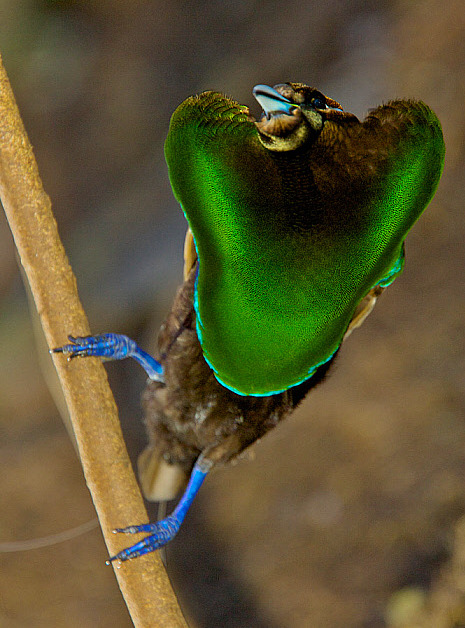

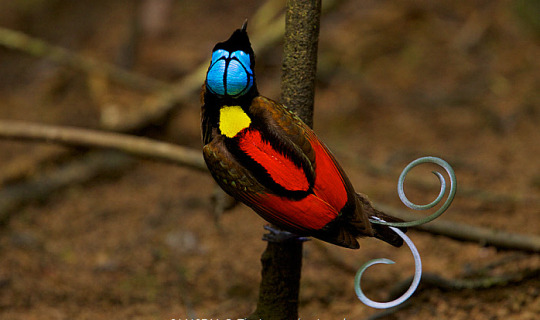
Birds of paradise by Tim Laman
Photo 1: Magnificent Bird of Paradise (Cicinnurus magnificus)
Photo 2: Red Bird of Paradise (Paradisaea rubra)
Photo 3: Wilson's Bird of Paradise (Cicinnurus respublica)
#birds#birds of paradise#colorful birds#bird of paradise#cicinnurus#cicinnurus magnificus#cicinnurus respublica#paradisaea#paradisaea rubra#magnificent bird of paradise#red bird of paradise#wilson's bird of paradise#animals#wildlife#tropical birds#green#red#nature
144 notes
·
View notes
Text
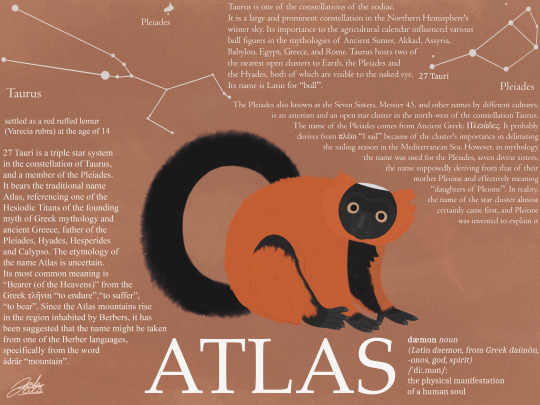

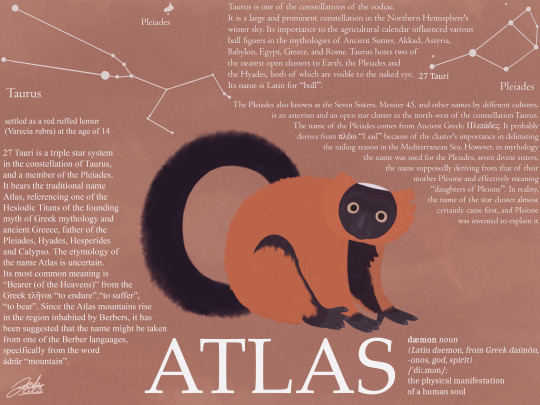
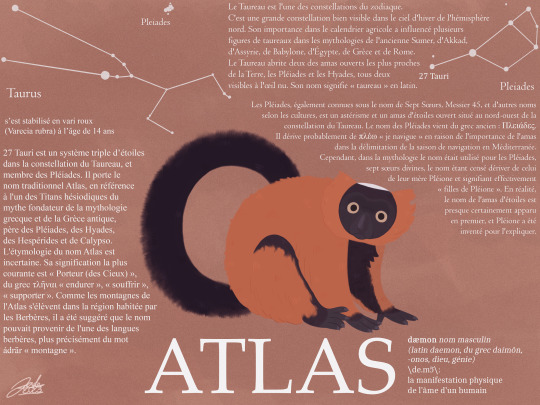
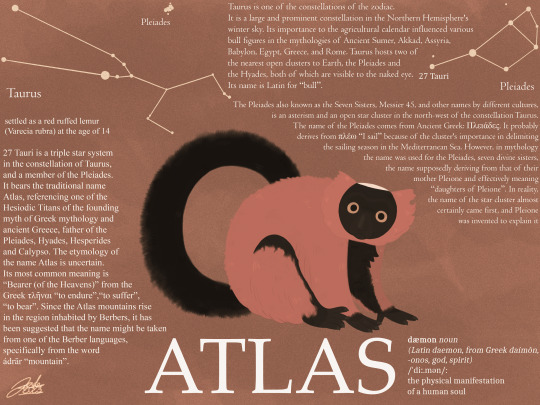
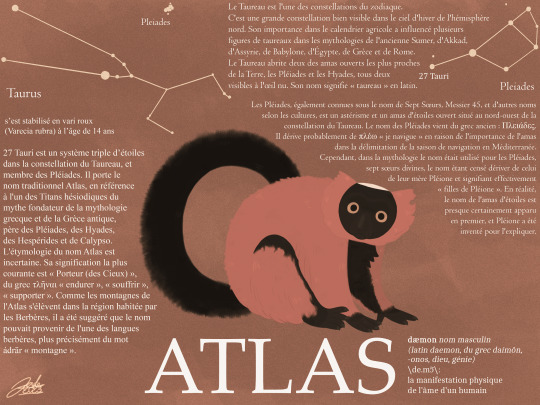
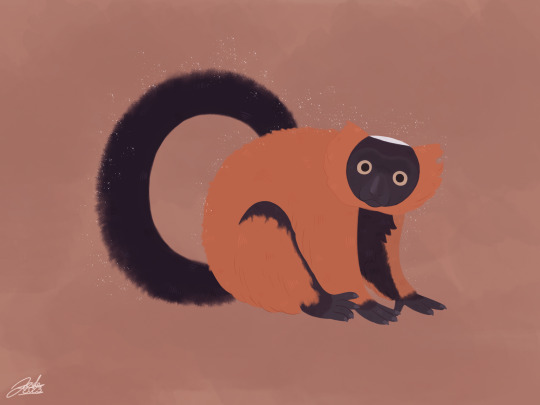

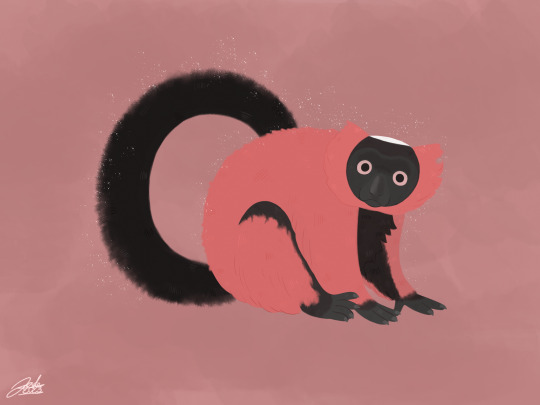
A friend’s dæmon or at least how I believe he would look like in Lyra’s world. It’s a red ruffed lemur, I believe it fits her personality (ENFP, Lawful Good, Hufflepuff). Also she’s a Taurus. (Again I found it thanks to the analysis from The Dæmon Forum, it helped me a lot!)
There are different color variations of this drawing once again, I wanted to include Dust, you’ll see it in the last pictures, and I did English and French versions for the texts!
Hope you like it! 🧡
Source for most of the information : Wikipedia
(there is a lot of text compared to the previous ones I know sorry;; also I hope that him staring at you won't be too scary lmao)
#my drawings#digital art#hdm#hdm fanart#dæmon#daemon#daemonism#dæmonism#daemian#dæmian#fanart#his dark materials#his dark materials fanart#red ruffed lemur#vari roux#varecia rubra#lémurien#lemur#animal#mammal#mammifère#constellation#astronomie#astrologie#astronomy#astrology#étoile#star#taurus#primates
28 notes
·
View notes
Text

Plumerias
#flowers#photography#plumeria rubra#deciduous plants#garden plants#frangipani#red jasmine#temple tree#muttball
78 notes
·
View notes
Text
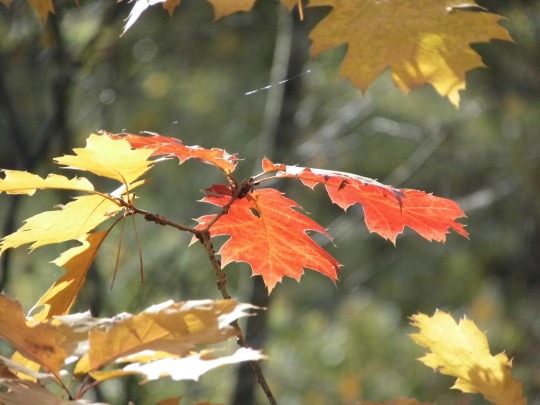
The northern red oak (Quercus rubra)
#Quercus rubra#northern red oak#northern red oak tree#red oak#oak leaves#oak#oak tree#tree#colorful leaves#red leaves#fall leaves#autumn leaves#leaves#autumn tree#autumn leaf#autumn colors#autumn#fall season#fall vibes#beautiful#beautiful photos#my photo#photography#photooftheday#naturecore#photoart#forest#woods#forest view
11 notes
·
View notes
Text



Red ruffed lemur (Varecia rubra), family Lemuridae
Primarily eat fruit, but are also known to eat leaves and plant shoots.
Avifauna, taken July 2024
2 notes
·
View notes
Photo

Red Alder by alisonleighlilly on Flickr.
This work is licensed under CC BY-NC 2.0.
#red alder#alnus rubra#fruit#portrait#wild#flickr#brown#creative commons#creativecommonsplants#plants#plant blog#plant photography#botany
16 notes
·
View notes
Photo

ヤマモモが赤く色づいてきた(6月7日)
#Morella rubra#Myrica rubra#yangmei#yamamomo#Chinese bayberry#red bayberry#yumberry#waxberry#Chinese strawberry#fruit#owoce#japan
3 notes
·
View notes
Text
Round The Mulberry Bush

Morus rubra or Red Mulberry Tree fruiting in the Hort Park here. Photo credit: Jonathan Chua.
#photographers on tumblr#canon eos-m5#canon photography#flora fauna#flora photography#flora pics#Morus rubra#red mulberry photos#tamron 18-270mm
3 notes
·
View notes
Text

Yesterday I went for a walk along the waterfront trail in Warrenton, OR. One of my favorite things to see there is this rather old red alder tree (Alnus rubra). Red alders are a pioneer species and are very often among the first trees to populate a disturbed area of land, taking advantage of vast swaths of open sunlight. However, they are very much a "live fast, die young" sort of tree, and rarely get more than a century old.
Since most alders grow in large thickets around here, they tend to be rather skinny and don't get to spread out much. This one, on the other hand, had some space to itself and has become a rather impressive tree. I don't get to see very many red alders with this sort of profile, so it's always a treat when I visit this trail.
#alder#alder tree#red alder#Alnus rubra#tree#trees#nature#nature photography#Oregon#PNW#Pacific Northwest#hiking
16 notes
·
View notes
Text
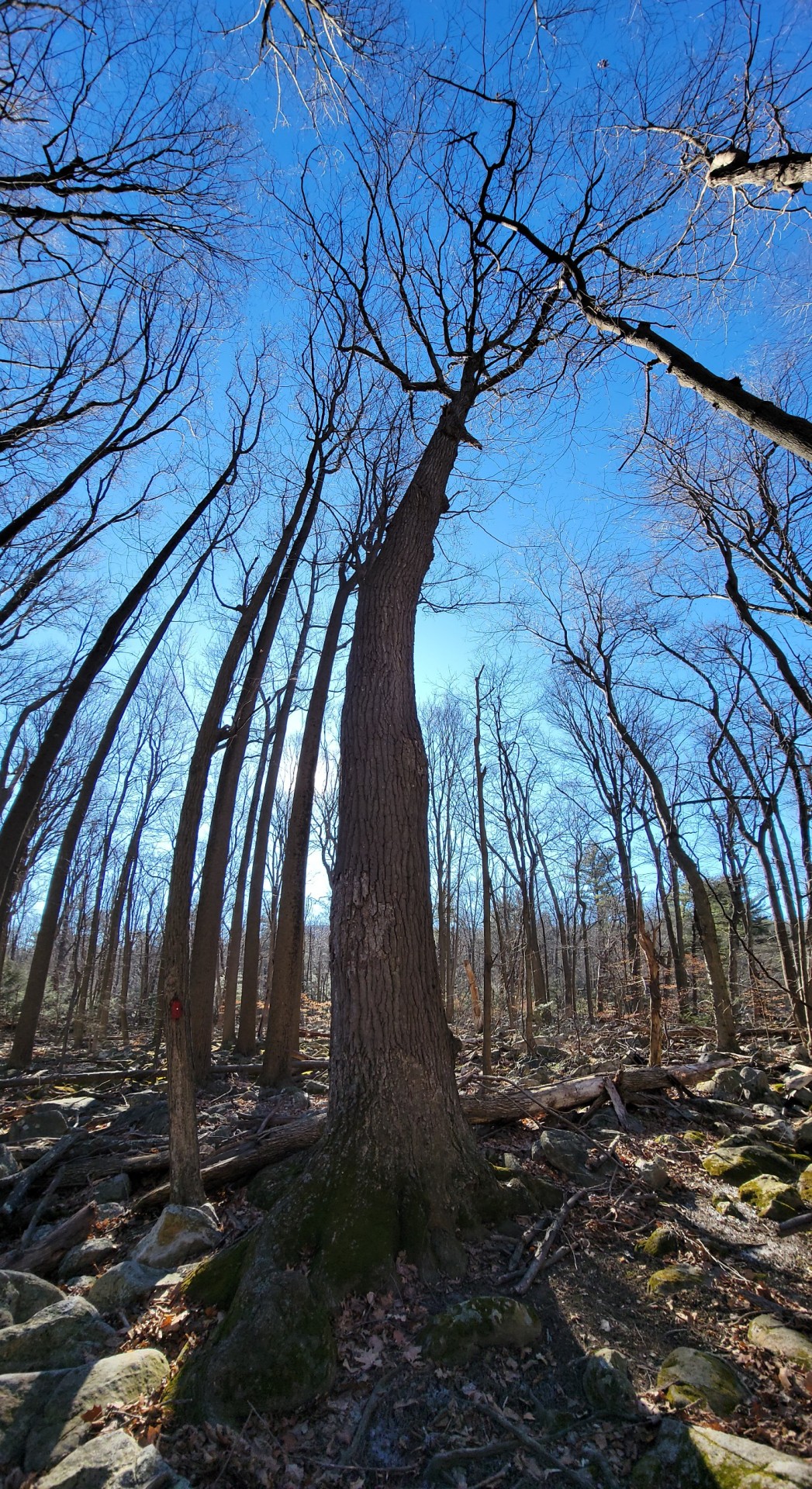
A large red oak in a rough environment
3 notes
·
View notes
